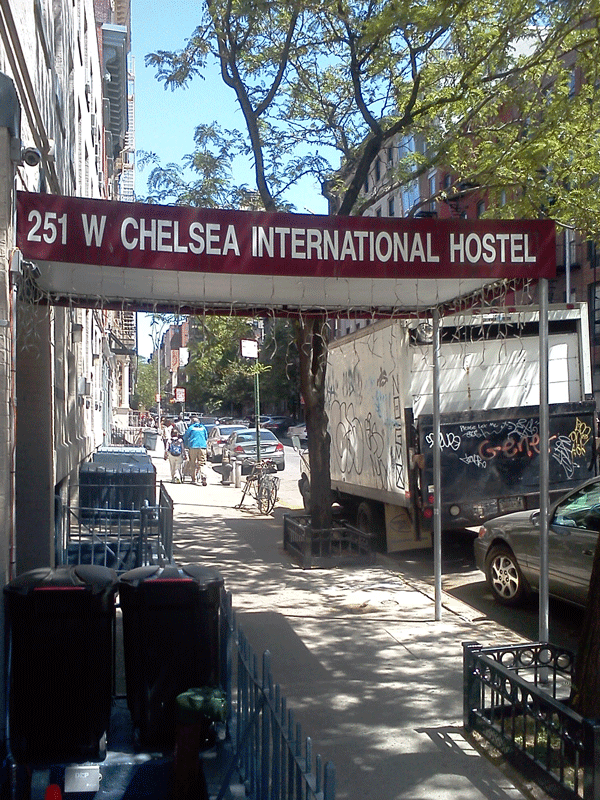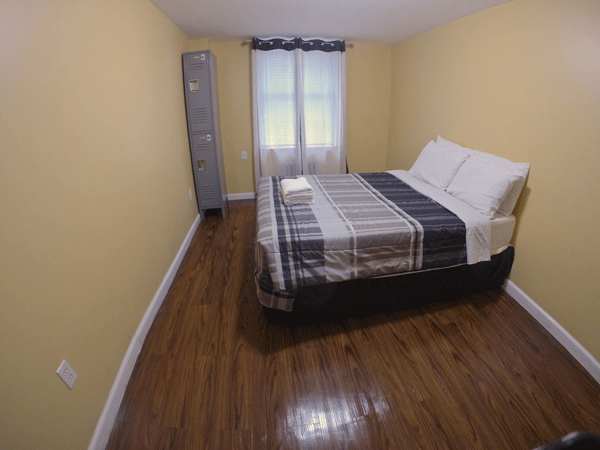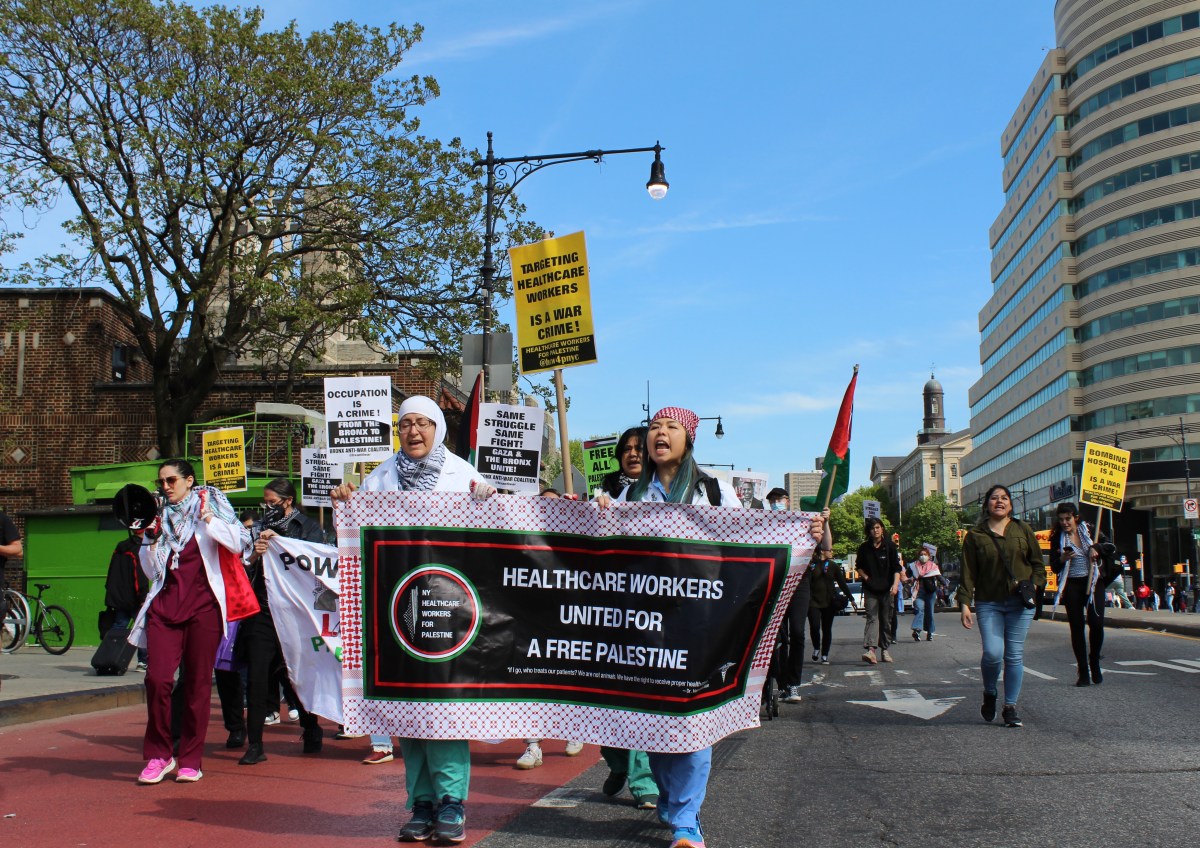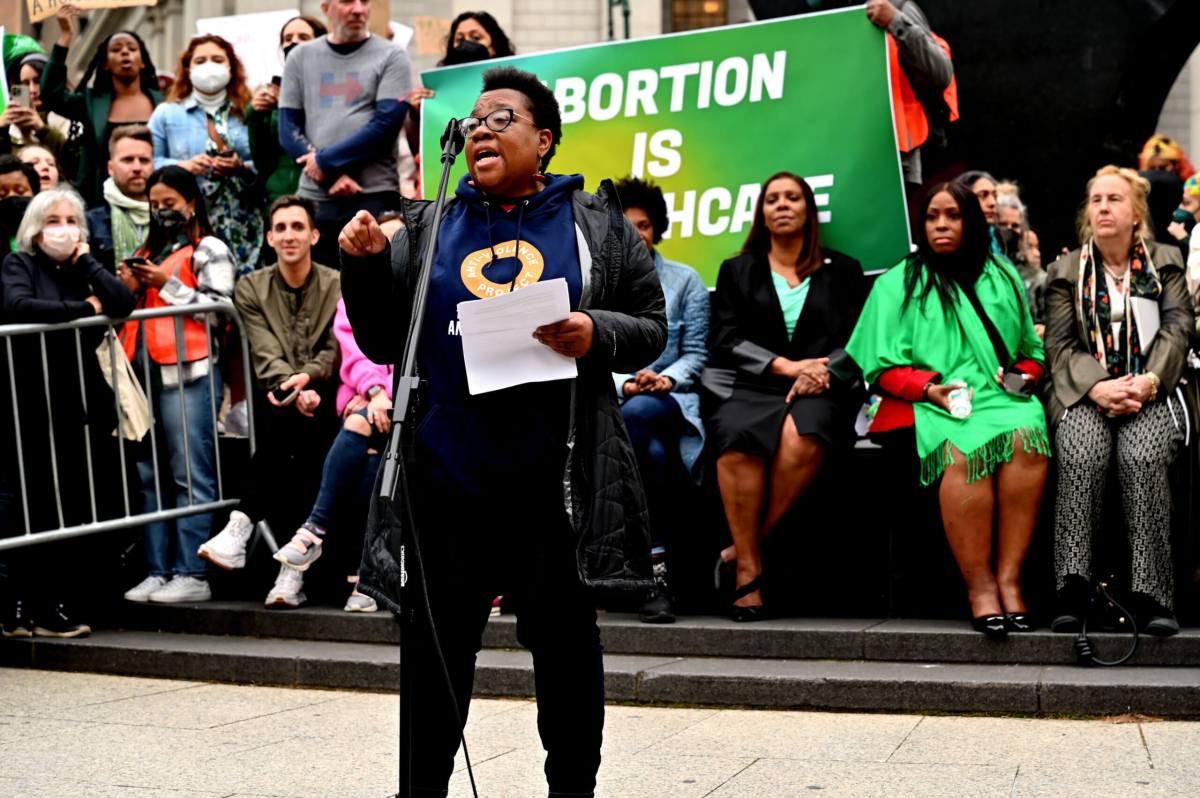
BY DUSICA SUE MALESEVIC | For 22 years, Chelsea International Hostel has welcomed travelers from all over the world — and through it all, general manager Tim O’Reilly has been there.
The hostel — located at 251 W. 20th St. (btw. Seventh & Eighth Aves.) — is one of the few of its kind in the city.
New legislation recently introduced by City Councilmember Mark Weprin is supposed to change all that, but O’Reilly, who has been in the hostel business for 25 years, isn’t convinced.
“They can propose this legislation all they want, but there’s no one that will follow this business model as a developer because it does not work,” said O’Reilly in a phone interview.
The way the legislation reads, there are a limited amount of people and beds per square feet that would not make it profitable, he said. If one can only put four beds in a room, for example, at $30 each, that is $120 for a room that could make significantly more if it was a hotel room, he explained.
The idea is that a hostel bed is a cheap bed, but a larger number of them allows you to make some money, he said.
“My opinion, I don’t think [the legislation’s] going to do anything,” he said. “I don’t think it is going to spur growth. I think it’s just all smoke and mirrors.”
Proponents of the bill say that it will increase the number of hostels in the city, thus adding to the city’s tourism coffers. Weprin was the lead sponsor of the bill, but as he is going to work for Governor Andrew Cuomo’s administration, it is unclear who will take the reins. The bill was co-sponsored by City Councilmembers Margaret Chin, David Greenfield and Jumaane D. Williams.
Hostels in the city were not always a rarity.
O’Reilly started renting beds by the week in the late ’80s, early ’90s, when the now-defunct Sloane House YMCA (on W. 34th St.) began doing out-of-town transient business, and O’Reilly and the people he worked for followed their example.
At this point in time, he said, everything was done by hand, such as mailing out flyers and contacting other hostels. The hostel also joined a national organization.
“With the advent of the Internet in the late ’90s, early 2000s, the business exploded throughout the city,” he explained.

At one time there were upwards of 10,000 beds in New York City, he said. That boom lasted until around 2008 when the city started cracking down on illegal hoteling, he said.
“The city threw a net on everything and went after the hostel business like gangbusters because they viewed us as competition for the hotels,” said O’Reilly.
The final nail was a 2010 law that made changes to single room occupancy.
Hostels are not competition for hotels — or for Airbnb, for that matter — because the clientele is not the same, according to O’Reilly.
“Part of the hostel experience is coming here and meeting different people — eating in [a] community setting, hanging out with people from different countries and getting to know each other,” he said.
This international exchange has been going on in Europe for a long time and New York was very popular because it’s a gateway city to the U.S., he said.
The hostel’s location in Chelsea has been one of its main selling points, he said in an email.
“Chelsea has changed a lot over the past 25 years,” he said. “It is a wonderful and safe community that has added so many great eateries, and the kids love the location. Our ratings are [through] the roof when it comes to location.”
O’Reilly said that the hostel is at a prime location to reach every part of the city in a relatively short time.
“We have worked very well with our neighbors to make sure that our customers are never a burden or bother to the residents,” he said.
While O’Reilly acknowledged that petty crime happens, he said the hostel tries to monitor what is going on, and that with strangers staying together in a room, it is part of the business.
He noted, however, “You can go to any city in the world and there are hostels — with bunks, and they’re safe.”
O’Reilly also pointed out that young people who go to hostels patronize mom and pop stores, thus supporting local businesses.
If the city is serious about taking a look at hostels, it can’t do so based on old models or laws, he said.
Part of the proposed legislation, which is currently at the committee level, is that licensing and regulation would be handled by the new Office of Licensed Hostels as part of the Department of Cultural Affairs.
O’Reilly said he welcomes the oversight and is looking for a clear set of standards and rules.
“Give me a playlist that I can follow,” he said.














